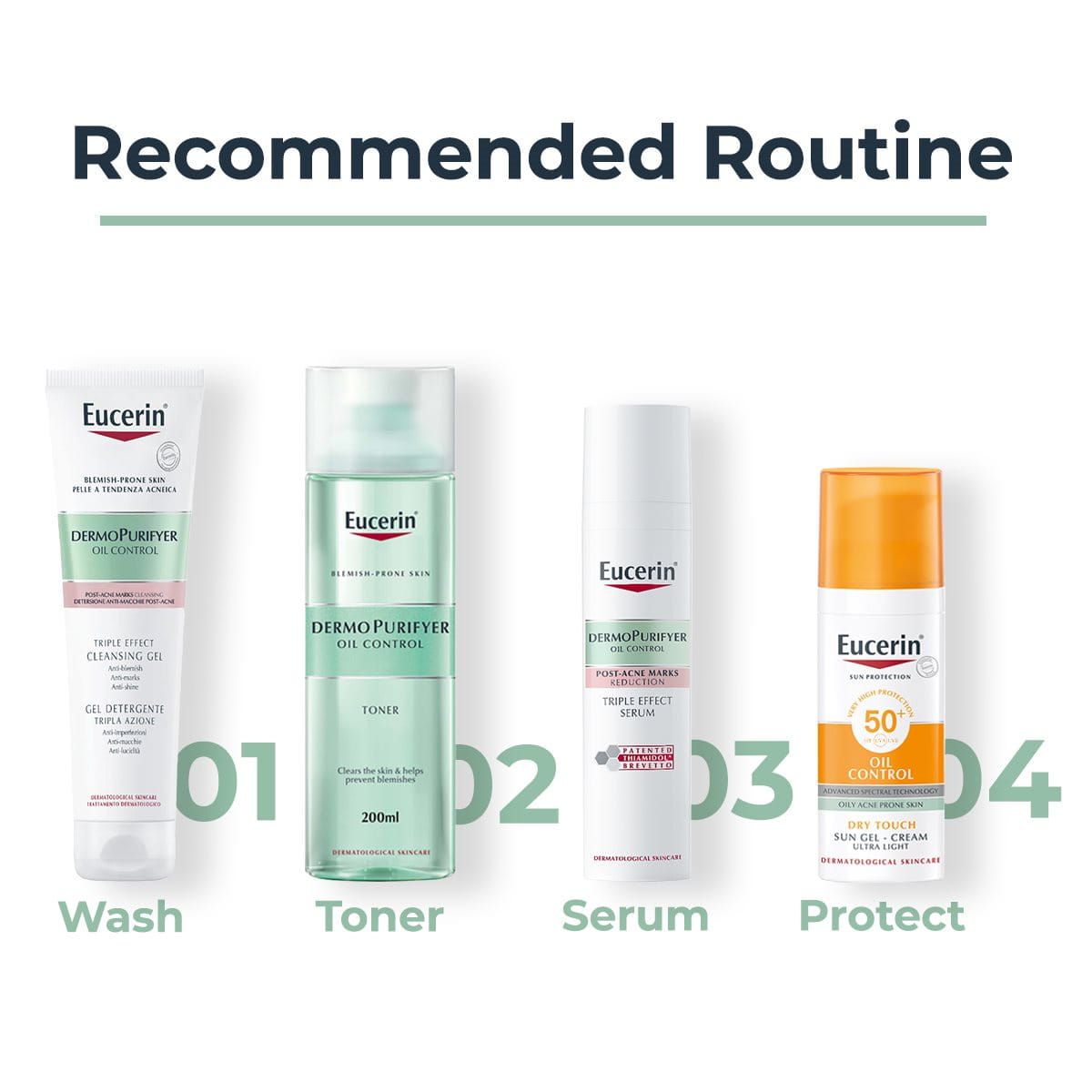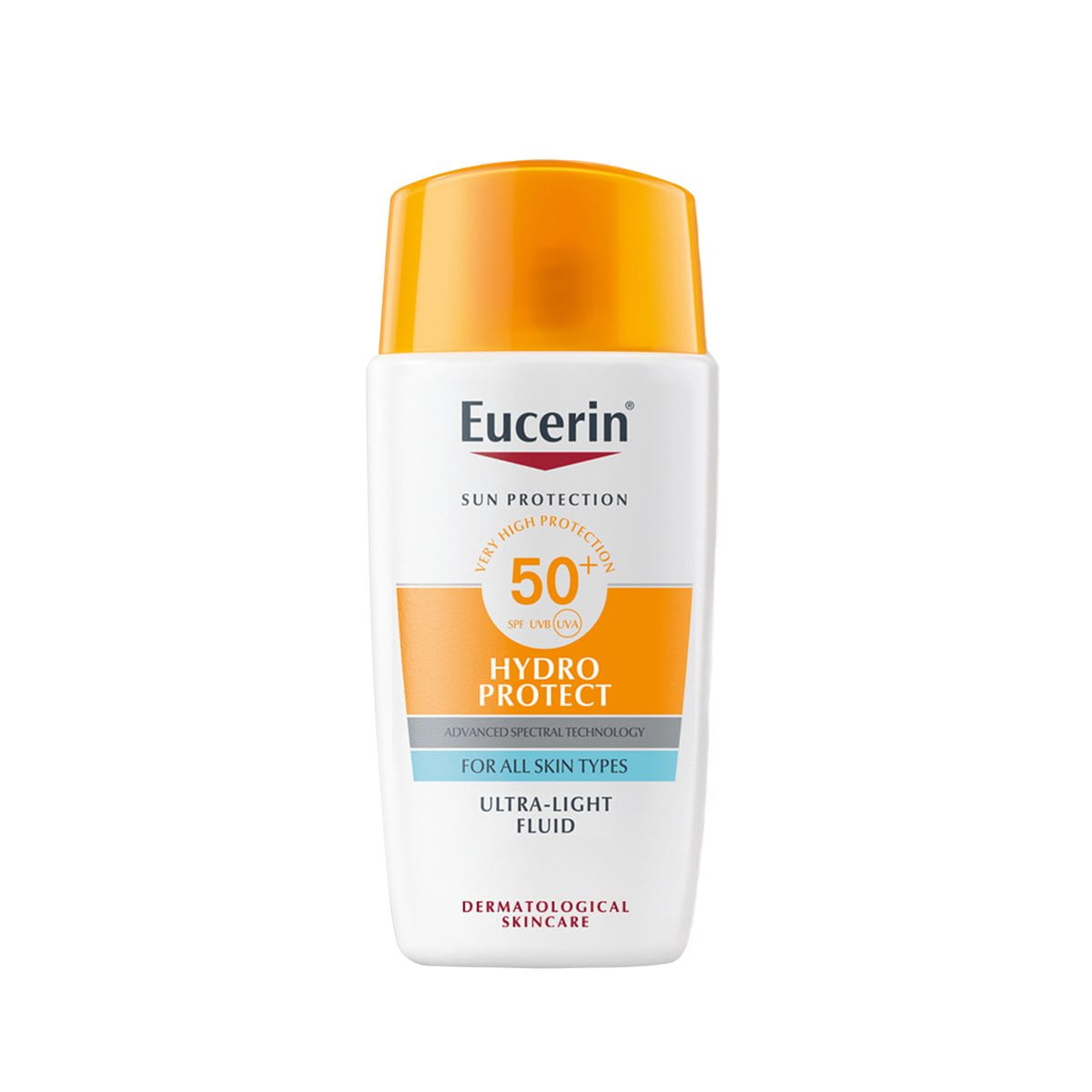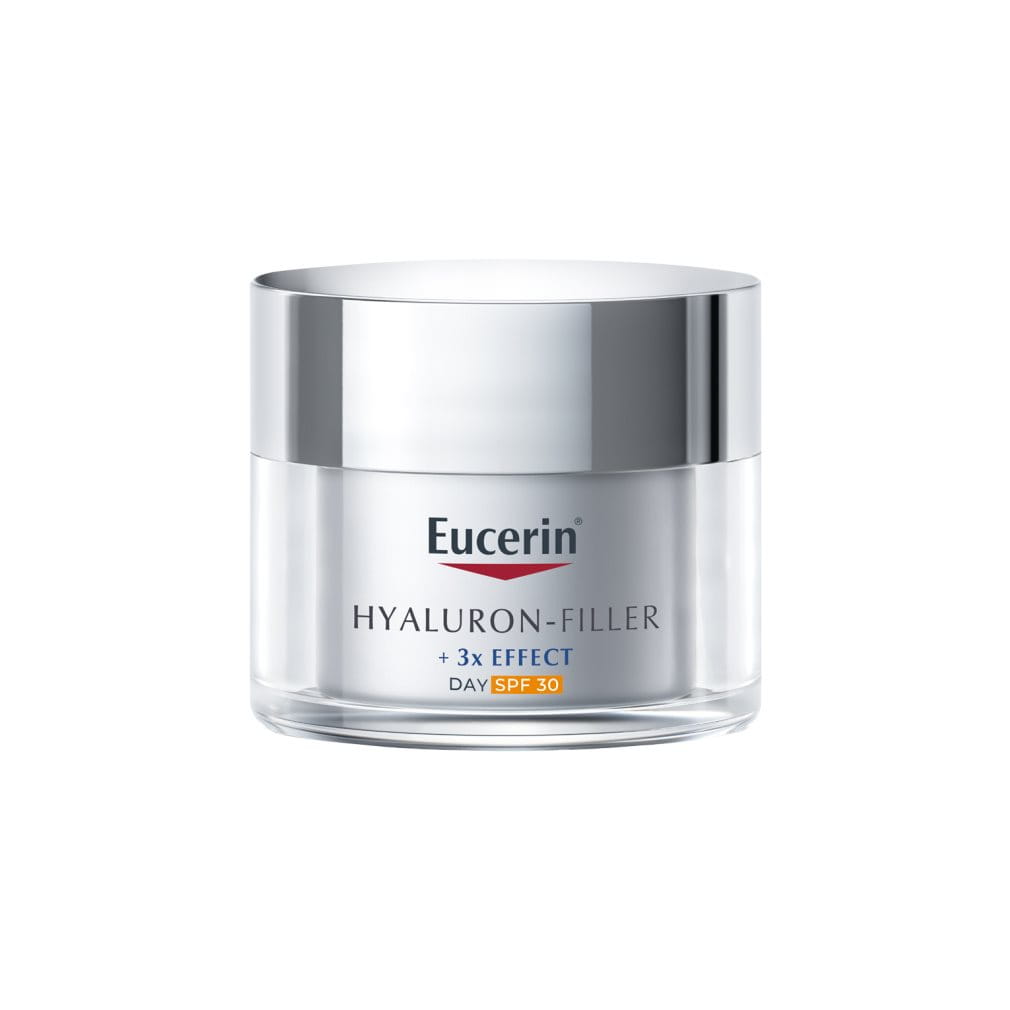Caring for sensitive skin can be challenging, especially when it reacts to the most gentle products or weather changes. If your skin tends to flush, sting, burn, or break out without any warning, it’s time to take a look at sensitive skin care.
Keynotes:
- Sensitive skin is marked by frequent stinging, burning, tightness, or redness.
- Sensitive skin is very vulnerable to products, weather, and stress due to a weak skin barrier.
- Stick to a gentle, fragrance-free routine with hydrating, calming ingredients like niacinamide and glycerin.
- Avoid harsh actives, products with harsh fragrance, and physical exfoliants that can trigger irritation or flare-ups.





